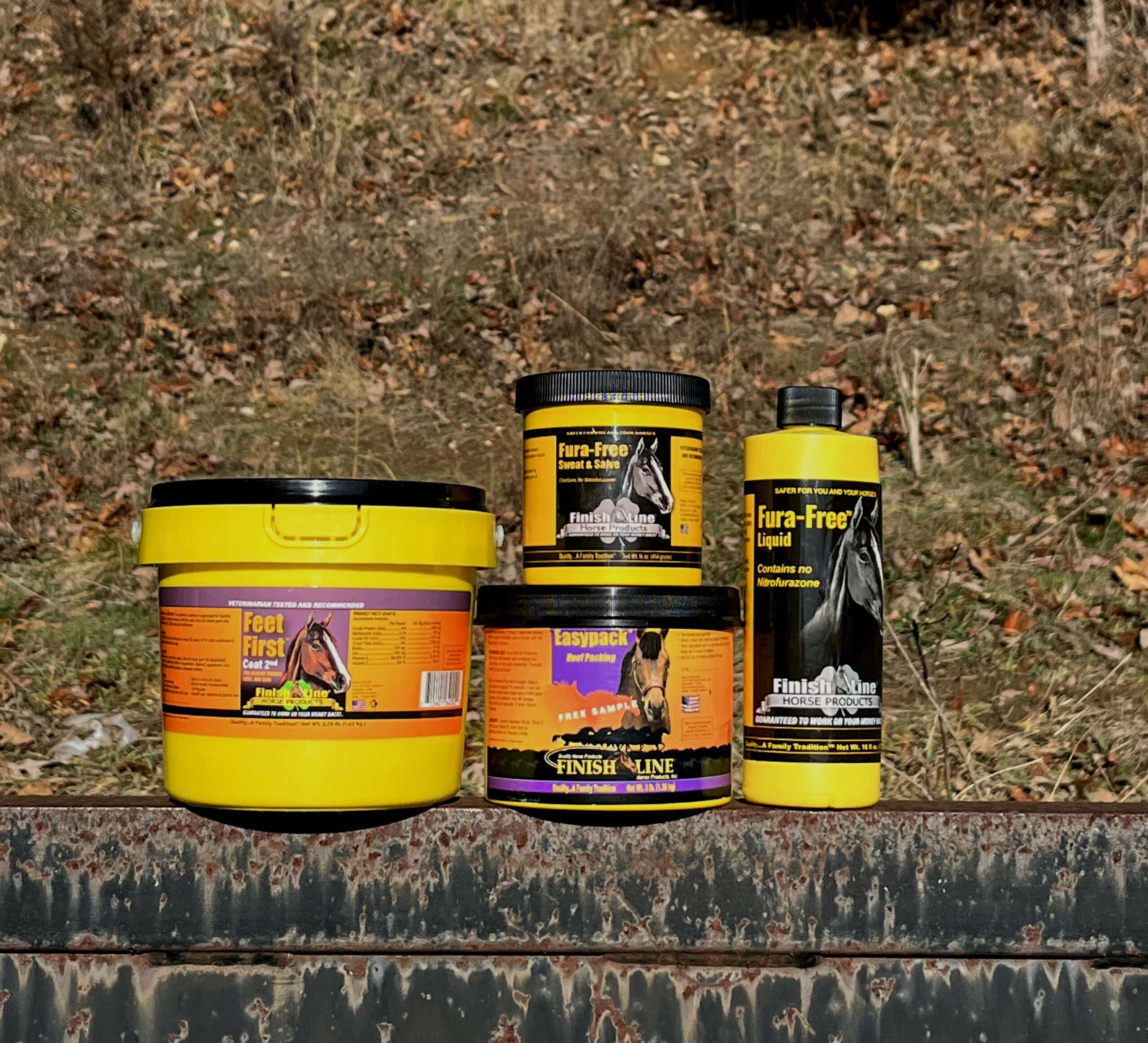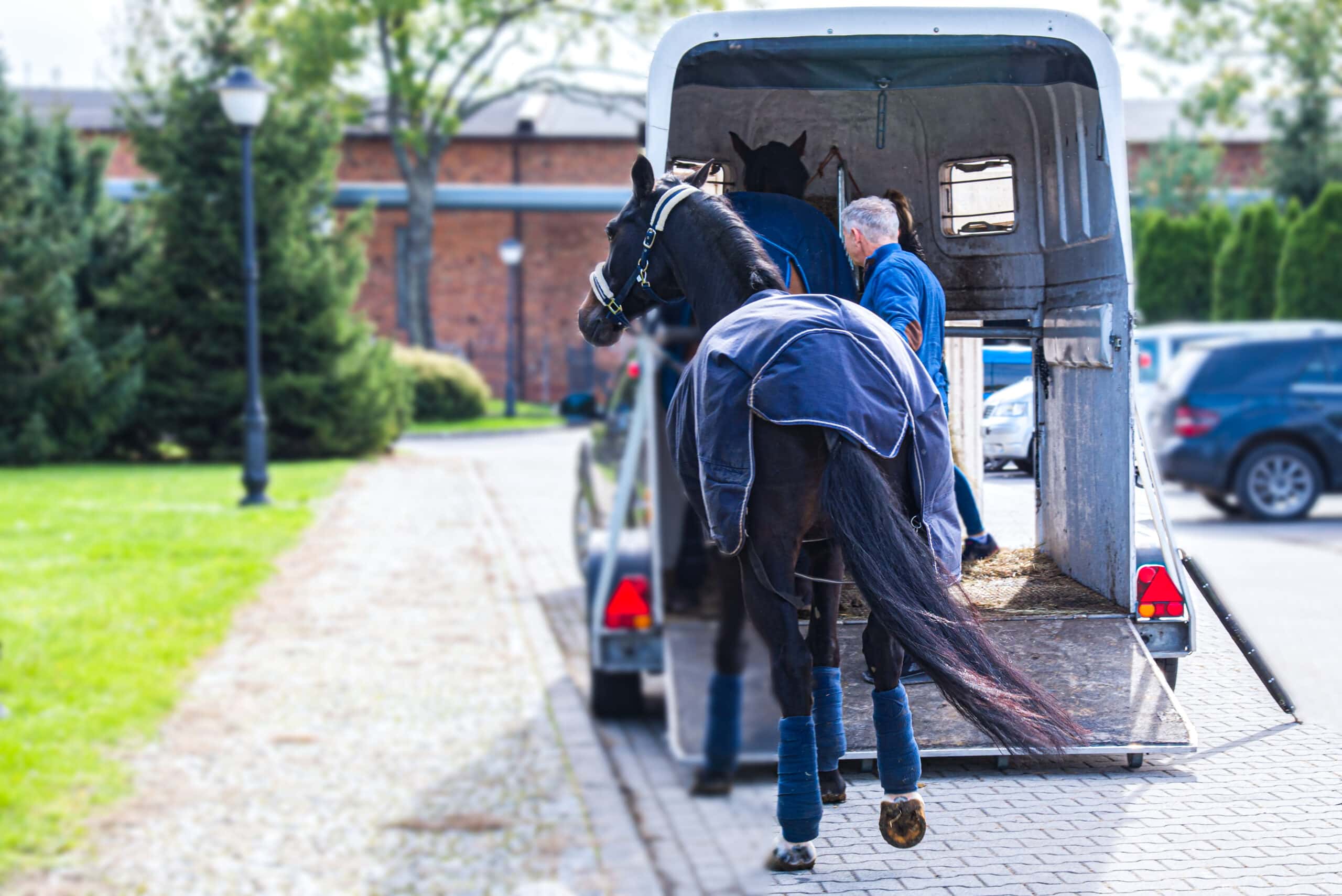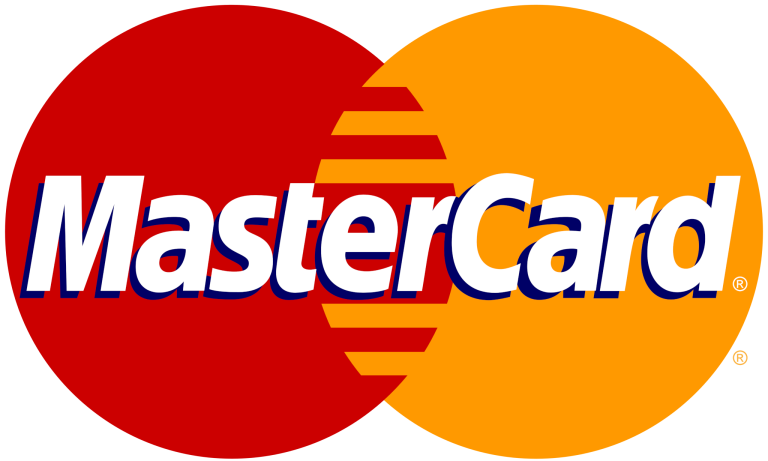Horses are emotional, instinctual animals. They are very attuned to the moods of those around them, and sometimes they cannot help but succumb to the whims of their nervous systems. This is why it is sometimes so frustrating to try and calm a nervous horse. You do everything you can, but nothing seems to help. In this case, the answer might be a diet lacking in nutrients. Some horses can have poor attitudes because of a vitamin deficiencies, namely magnesium and thiamine.
“Magnesium helps a horse’s muscles to relax.”
The purpose of magnesium and thiamine
Magnesium plays a variety of roles in a horse’s body. According to Kentucky Equine Research, the mineral is primarily responsible for supporting a horse’s bones and for various enzyme reactions. It helps a horse’s muscles to relax, while calcium helps them contract. Too little magnesium, and your horse’s muscles can spasm. Magnesium also plays a role in nerve excitability and can calm a horse down when it gets agitated. If your horse gets too little magnesium, it might become nervous, jumpy or suffer chronic episodes of tying up.
According to Horse Talk, equines are most vulnerable to a magnesium deficiency during the spring. Grass is only a low source of magnesium, carbohydrates and sodium, so foraging horses will not get the nutrients they need from grazing alone. What’s worse is that grass also tends to be high in potassium, making it even harder for your horse to absorb the small amount of magnesium it does get.
Thiamine, also known as vitamin B1, can also support a calm attitude in horses. Its primary role is to help breakdown the pyruvic and lactic acids created as your horse metabolizes carbohydrates. Because thiamine is water soluble, any excess is excreted in urine.
“Many supplements contain a mix of magnesium, calcium and thiamine.”
Many equine calming supplements contain a mix of magnesium, calcium and thiamine and are available as a daily supplement or a fast-acting dose. You might think the latter mineral also helps alleviate nervousness. In actuality, it balances the magnesium. If your horse receives too much of one without enough of the other, he’ll have a harder time metabolizing the deficient mineral. The right ratio of these two ensures your horse absorbs them both. The fast-acting supplement Quia-Cal and the daily supplement Thia-Cal promote a healthy nervous system with blends of thiamine, calcium and magnesium.
Do supplements always work?
An equine supplement with the right balance of magnesium, thiamine and calcium might be just what your horse needs to keep calm, but it isn’t always the solution. Some horses are nervous without being deficient, and supplements won’t have much of an effect.
If your horse’s attitude isn’t the result of a nutritional deficiency, you’ll have to be a little more hands-on in your approach. Horses like schedules and routine, and they tend to be calmer if fed, exercised, turned out and brought in at the same time each day. Sometimes horses are stubborn and challenge your authority by acting out. Set aside some time for thorough groundwork exercises to establish who is in charge.
Your veterinarian will help determine if your horse is deficient in magnesium or thiamine and recommend the right supplement for the job. When choosing a calming agent, check to see if it’s free of banned substances and make sure you’re giving your horse only the recommended amount. While many natural ingredients that support a calm attitude aren’t banned outright, the International Federation of Equestrian Sports and other governing bodies do look at elevated levels of certain vitamins and minerals to see whether these might have given a horse an unfair advantage.









